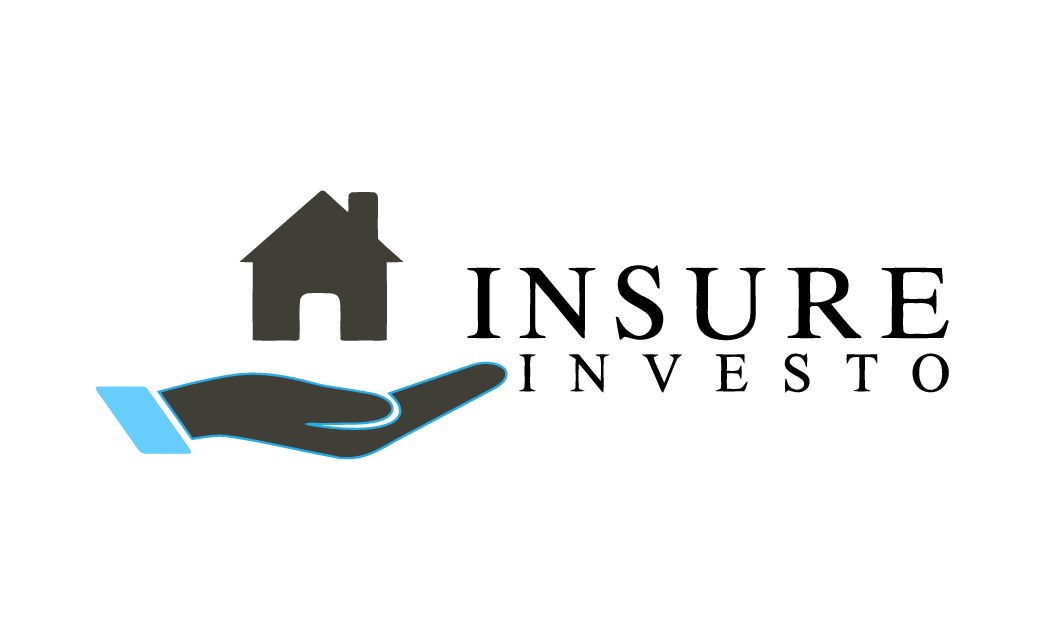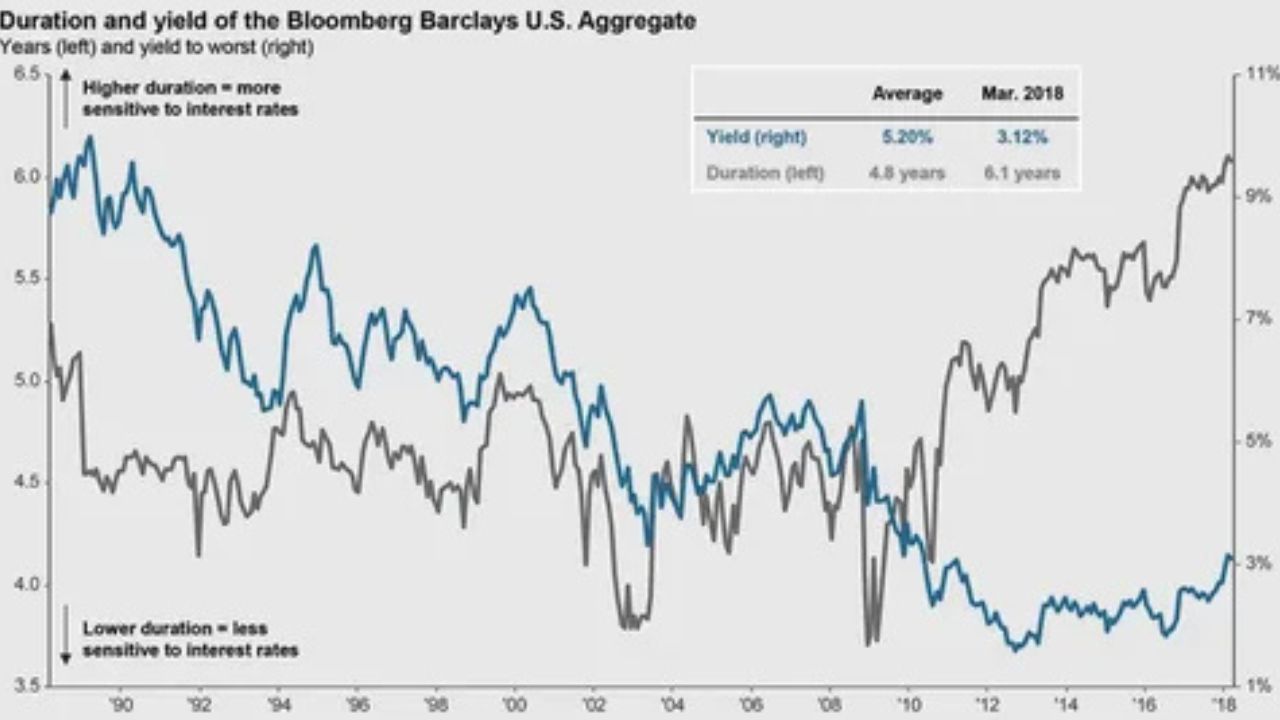Fire insurance is a policy that provides financial protection against losses or damage caused by fire. It covers repairing or replacing property and belongings destroyed or damaged by fire. Policyholders pay premiums for this coverage, ensuring compensation for fire-related incidents.
What Is Fire Insurance?
Fire insurance is a type of property insurance that provides financial protection against damage or loss caused by fire. This policy covers the cost of repairing or replacing structures and personal belongings damaged or destroyed by fire.
It typically includes coverage for fire, smoke, and water damage resulting from firefighting efforts. Policyholders pay regular premiums to maintain this coverage, which helps mitigate the financial impact of fire-related incidents. Fire insurance can be part of a broader homeowners or property insurance policy or purchased as a standalone policy.
How Fire Insurance Works
Fire insurance provides financial protection to policyholders against losses or damages caused by fire. When you purchase a fire insurance policy, you pay regular premiums to the insurance company. In return, the insurer agrees to cover the costs of fire damage to your property and belongings up to the policy’s limits.
You must promptly notify your insurance company and file a claim for a fire. The insurer will then assess the damage through an adjuster. If the claim is approved, the insurance company will pay for repairs, replacements, or rebuilding costs minus any deductible.
Coverage can include damage from fire, smoke, and water used to extinguish the fire, providing comprehensive financial support for recovery.
Example of Fire Insurance
Imagine you own a home, and you purchase a fire insurance policy to protect your property. One night, a fire breaks out in your kitchen due to a faulty appliance, causing significant damage to your kitchen and smoke damage throughout the house.
After ensuring everyone’s safety and contacting the fire department, notify your insurance company and file a claim. The insurer sends an adjuster to assess the damage, and the claim is approved.
Your fire insurance policy covers the cost of repairing the kitchen, cleaning up the smoke damage, and replacing any damaged personal belongings, minus your deductible. This financial support helps you restore your home without bearing the full cost of the damage out of pocket.
Special Considerations
When considering fire insurance, evaluate the policy limits and ensure they adequately cover your property’s value. Understand the deductible amount you’ll pay out-of-pocket before insurance kicks in.
Review exclusions, such as damage from arson or certain natural disasters. Some policies may require additional endorsements for full protection.
Keep an updated inventory of your belongings and their value. Regularly reassess and update your coverage to match any property improvements or increased property value.
Types of fire insurance
Consequential loss policy: A Consequential Loss Policy covers indirect losses, such as lost income or business profits, due to interruptions caused by fire or other insured events.
Floating policy: A Floating Policy covers multiple properties or assets under a single sum insured, ideal for businesses with assets in various locations.
Comprehensive policy: A Comprehensive Policy covers fire damage and additional perils such as natural disasters, theft, and vandalism, offering broad protection for property owners.
Average policy: An Average Policy applies the average clause, reducing the claim payout if the property is underinsured, proportionally sharing the loss between the insurer and policyholder.
Valued policy: A Valued Policy pays a predetermined, agreed-upon amount in case of total loss, regardless of the actual value of the damaged property.
Wildfire: A wildfire is an uncontrolled fire in a forest, grassland, or rural area that often causes significant damage to ecosystems and human properties. Impact damage is the destruction or harm caused to property by collisions or impacts with objects like vehicles, trees, or falling debris.
Loss of rent: Loss of rent coverage compensates landlords for rental income lost when a property becomes uninhabitable due to damage from insured events like fire or flood.
Property damage: Property damage damage caused to buildings, structures, or personal belongings due to events like fire, theft, vandalism, or natural disasters.
Riot, strike & malicious damages: Riot, strike, and malicious damage insurance covers property damage caused by violent disturbances, labor strikes, and deliberate acts of vandalism or sabotage.
Bursting or overflowing of tanks: Tanks coverage protects against property damage caused by the accidental rupture or overflow of water storage tanks, pipes, or heating systems.
Declaration policy: A Declaration Policy allows the insured to periodically declare varying values of stock or assets, adjusting coverage and premiums based on current values.
Implosion: An implosion refers to the inward collapse of a structure or vessel, often due to external pressure or structural failure, which results in significant property damage.
Landslide and subsidence: Landslide and subsidence insurance covers damage to property caused by ground movement, including the sudden collapse of soil or the gradual sinking of land.
Liability insurance: Liability insurance protects against claims for injury or damage to others or their property, covering legal fees and compensation costs.
Automatic sprinkler installation leakage: Automatic sprinkler installation coverage protects against damage caused by accidental leaks or malfunctions in automatic fire sprinkler systems within the insured property.
Dwelling coverage: Dwelling coverage insures a home’s physical structure against perils like fire, wind, and hail, covering repair or rebuilding costs up to policy limits.
Lightning: Lightning coverage protects against damage caused by lightning strikes, including fire, power surges, and structural harm to buildings and personal property.
Missile testing operations: Missile testing operations coverage insures against damage or liability arising from missile testing, including accidental impacts, explosions, and associated risks.
Other structures coverage: This coverage insures additional buildings on your property, such as detached garages, sheds, and fences, against damage from perils such as fire and storms.
Reinstatement Policy: A Reinstatement Policy restores coverage limits after a claim is paid, ensuring continuous full protection without reducing the insured amount post-claim.
Types of fire policies: Types of fire policies include Standard Fire Insurance, Comprehensive Fire Insurance, Valued Policy, Floating Policy, Specific Policy, Consequential Loss Policy, Average Policy, Declaration Policy, and Reinstatement Policy, each offering different levels of coverage.
Aircraft damage: Aircraft damage coverage protects against property damage caused by aircraft accidents, crashes, or falling debris, ensuring compensation for repairs or replacements needed.
Alternate accommodation: Alternate accommodation coverage reimburses expenses for temporary housing when the insured property becomes uninhabitable due to damage from covered perils like fire or flood.
Top biggest insurance companies
Allstate: Allstate is a leading American insurance company that offers a wide range of products, including auto, home, life, and business insurance. Founded in 1931, Allstate is known for its strong financial stability and customer service. Its slogan, “You’re in good hands,” reflects its commitment to providing reliable coverage.
State Farm: State Farm is a leading American insurance company offering auto, home, life, and health insurance. Founded in 1922, it operates through a network of agents, known for its slogan “Like a good neighbor, State Farm is there,” reflecting its focus on customer service and community support.
USAA: USAA (United Services Automobile Association) provides insurance, banking, and financial services to members of the U.S. military and their families. Founded in 1922, USAA offers auto, home, and life insurance, among other products, and is known for exceptional customer service and commitment to military personnel.
Chubb: Chubb is a global insurance company providing a broad range of property, casualty, accident, and health insurance, as well as reinsurance and life insurance. Founded in 1882, Chubb is known for its financial strength and exceptional underwriting and claims services, catering to individuals and businesses worldwide.
American Family Insurance: American Family Insurance, founded in 1927, provides a wide range of insurance products, including auto, home, life, and business insurance. Based in Madison, Wisconsin, it is known for its strong commitment to customer service and community involvement, focusing on protecting families’ financial well-being.
Nationwide Insurance: Established in 1926, Nationwide offers a wide range of insurance products, including auto, home, life, and business insurance, as well as financial services. Headquartered in Columbus, Ohio, Nationwide is known for its customer-centric approach, financial stability, and the slogan “Nationwide is on your side.”
Erie Insurance: Erie Insurance, founded in 1925, offers auto, home, life, and business insurance. Headquartered in Erie, Pennsylvania, it operates in 12 states and the District of Columbia. Known for its strong customer service and financial stability, Erie emphasizes personalized service through its network of independent agents.
Liberty Mutual: Founded in 1912, Liberty Mutual is a leading global insurer providing auto, home, life, and business insurance. Headquartered in Boston, Massachusetts, it operates in over 30 countries. Known for its strong customer service and innovative insurance solutions, Liberty Mutual emphasizes personalized protection and financial security.
Progressive: Progressive, founded in 1937, is a major American insurance company offering auto, home, renters, and commercial insurance. Headquartered in Mayfield Village, Ohio, it is known for its innovative approaches, such as usage-based insurance and online comparison shopping. Progressive’s advertising emphasizes customer choice and competitive pricing.
Travelers: Travelers, founded in 1853, is a leading American insurance company offering a wide range of insurance products, including auto, home, and business insurance. Headquartered in New York City, Travelers is known for its strong financial stability, comprehensive coverage options, and commitment to customer service.
Auto-Owners Insurance: Auto-Owners Insurance, founded in 1916, offers a variety of insurance products, including auto, home, life, and business insurance. Headquartered in Lansing, Michigan, it operates through a network of independent agents. Known for its customer service and financial stability, Auto-Owners emphasizes personalized, local service.
Farmers Insurance: Farmers Insurance, founded in 1928, offers a broad range of insurance products, including auto, home, life, and business insurance. Headquartered in Los Angeles, California, it operates through a large network of agents. Farmers are known for their customer-centric approach, extensive coverage options, and community involvement.
Amica Mutual Insurance Company: Amica Mutual Insurance Company, founded in 1907, offers a range of insurance products, including auto, home, life, and marine insurance. Headquartered in Lincoln, Rhode Island, Amica is known for its excellent customer service and financial strength, consistently receiving high ratings for claims satisfaction.
Berkshire Hathaway: Berkshire Hathaway, founded in 1839 and led by Warren Buffett, is a multinational conglomerate holding company headquartered in Omaha, Nebraska. It owns diverse businesses, including GEICO, BNSF Railway, and Dairy Queen. Renowned for its substantial insurance, utility, and manufacturing operations, Berkshire Hathaway emphasizes long-term investment and financial stability.
The Hartford: Founded in 1810, The Hartford is a leading American insurance and investment company headquartered in Hartford, Connecticut. It offers various insurance products, including auto, home, business, and employee benefits. Known for its financial strength and customer service, The Hartford serves individuals and businesses nationwide.
AIG: AIG (American International Group), founded in 1919, is a leading global insurance and financial services company headquartered in New York City. It provides various products, including property-casualty, life, retirement, and other financial services. AIG is known for its global reach and comprehensive risk management solutions.
Allianz: Founded in 1890, Allianz is a leading global financial services company headquartered in Munich, Germany. It offers various insurance and asset management products, including property-casualty, life and health insurance, and investment management. Known for its strong financial stability and global presence, Allianz serves millions of customers worldwide.
Axa: AXA, founded in 1985, is a French multinational insurance and asset management company headquartered in Paris. It offers a wide range of insurance products, including life, health, and property-casualty insurance and investment management services. AXA is known for its global presence, strong financial performance, and commitment to innovation and sustainability.
CNA: CNA (Continental Casualty Company), founded in 1897, is a leading American commercial property and casualty insurance company headquartered in Chicago, Illinois. It offers various insurance products, including professional liability, workers’ compensation, and commercial auto insurance. Known for its financial strength and specialized coverage options, CNA serves businesses and professionals worldwide.
Fairfax Financial: Founded in 1985, Fairfax Financial is a Canadian holding company headquartered in Toronto, Ontario. It engages in property and casualty insurance, reinsurance, and investment management. Known for its decentralized operations and value-oriented investment strategy, Fairfax Financial emphasizes strong underwriting performance and long-term growth through acquisitions and strategic investments.
Ping An Insurance: Founded in 1988, Ping An Insurance is a major Chinese financial services conglomerate headquartered in Shenzhen, China. It offers a wide range of services, including insurance, banking, and asset management. Known for its innovative use of technology in financial services, Ping An is one of the largest insurers globally.
Tokio Marine: Founded in 1879, Tokio Marine is a leading Japanese multinational insurance company headquartered in Tokyo. It offers a wide range of insurance products, including property, casualty, life, health insurance, and reinsurance. Known for its strong global presence and financial stability, Tokio Marine serves customers worldwide.
R. Berkley: W. R. Berkley, founded in 1967, is an American commercial lines property and casualty insurance holding company headquartered in Greenwich, Connecticut. It operates through various subsidiaries and offers specialized insurance products and services. Known for its decentralized structure and entrepreneurial approach, W. R. Berkley focuses on underwriting discipline and long-term value creation.
FAQ
Is Fire Insurance Different From Homeowners Insurance?
Yes, fire insurance is different from homeowners insurance. Fire insurance specifically covers damage caused by fire, while homeowners insurance is broader and covers various risks, including fire, theft, vandalism, and natural disasters. Homeowners insurance also typically includes liability protection and coverage for personal belongings.
What Is Not Covered in Fire Insurance?
Fire insurance typically does not cover the following:
- Intentional Acts: Damage caused by deliberate actions, such as arson by the owner.
- War and Nuclear Risks: Losses due to war or nuclear events.
- Negligence: Damage resulting from gross negligence.
- Electrical Equipment: Certain electrical damage not directly caused by fire.
- Uninsured Perils: Risks not specified in the policy, such as earthquakes or floods, unless specifically added.
What Type of Property Is Covered by Fire Insurance?
Fire insurance typically covers:
- Residential Properties: Homes, apartments, and other dwellings.
- Commercial Properties: Offices, shops, and factories.
- Industrial Properties: Manufacturing plants and warehouses.
- Personal Belongings: Furniture, electronics, and clothing.
- Business Assets: Equipment, inventory, and furnishings.
Coverage may extend to the structure, contents, and additional living expenses if the property becomes uninhabitable due to fire.
What does fire insurance cover?
Fire insurance covers damages and losses caused by fire to residential, commercial, and industrial properties, as well as personal belongings and business assets.
What is not covered by fire insurance?
Fire insurance excludes coverage for intentional acts, war and nuclear risks, gross negligence, certain electrical damage, and uninsured perils such as earthquakes or floods unless specifically added.






